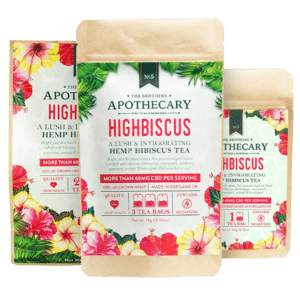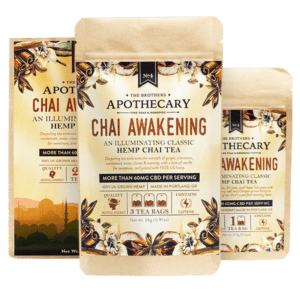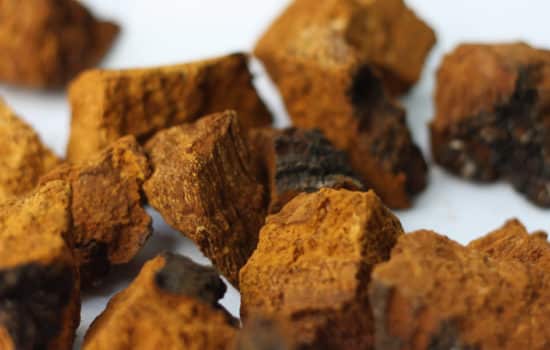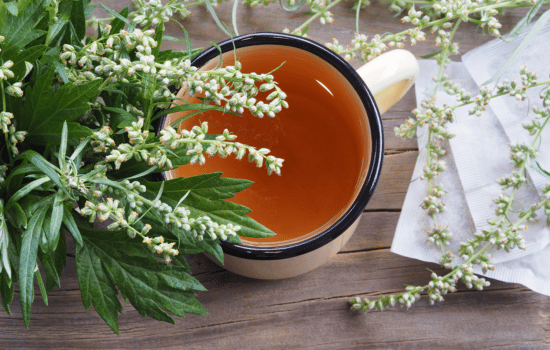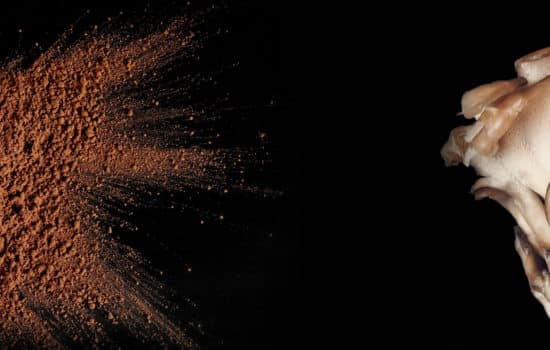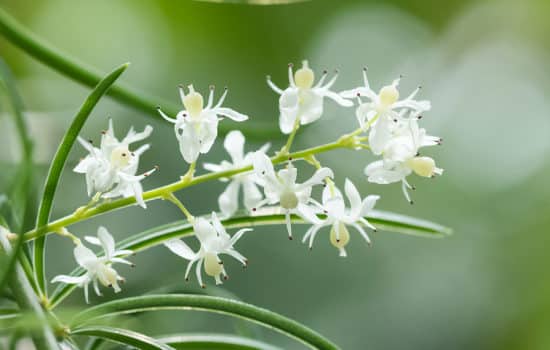Considered the “Queen of Herbs” in Ayurveda, Shatavari has been incorporated into ayurvedic remedies for thousands of years. Also known as Asparagus racemosus, Shatavari is a member of the asparagus family that is grown in shady, low areas in India, Asia, and Africa.
This small plant produces tiny leaves and flowers and has rounded, fleshy roots. The roots store the healing properties, and root extract is used in powders, supplements, tablets, and teas.
The name, Shatavari, comes from the Indian word meaning “a woman who has a hundred husbands,” a tribute to the traditional herbs used to support women’s reproductive and sexual health. Along with reproductive support, however, Shatavari has a plethora of wellness properties that can be used to support different aspects of your health and well-being.
Think Shatavari may be right for you? Read on to learn more about this herb and its many medicinal purposes.
What Are Some Potential Benefits of Shatavari?
The Shatavari root contains powerful chemical compounds such as steroidal saponins, flavonoids, and sterols that can work together to support your overall well-being.
Supports Female Reproductive Health
Perhaps Shatavari’s most well-known benefit, this herb can work with the endocrine system to help regulate hormone levels related to reproductive health.
By helping to regulate hormone imbalances and increase antioxidant enzymes, studies suggest that Shatavari may help support fertility. Shatavari’s flavonoids may also serve as phytoestrogens – a plant-based compound similar to estrogen that may help regulate reproductive functions when introduced into the body.
By improving blood flow and energy levels, Shatavari may also increase libido. There is also evidence that the phytoestrogen compounds in Shatavari root can encourage lactation during breastfeeding.
However, if you are pregnant or breastfeeding, it is best to speak to a healthcare professional before incorporating Shatavari into your diet.
Blood Sugar Support
While more research is needed, early evidence suggests that the chemical compounds in Shatavari root can help regulate blood sugar levels by encouraging insulin production. This hormone helps the body’s cells absorb glucose as a form of energy.
Shatavari may also work within the digestive system to limit the breakdown of starch into glucose, which can ultimately help lower blood glucose levels.
Moods and Emotions Regulation
Shatavari is considered an adaptogenic herb, meaning it can help your body adapt to physical and emotional stress. When the body is sensing its equilibrium is off, the endocrine system can use adaptogen herbs or mushrooms to help balance out hormone levels and bring the body back to homeostasis.
Due to its antioxidant properties, Shatavari root can increase the presence of antioxidant enzymes in the body and impact the neurotransmitters in the brain responsible for regulating mood and emotions.
The flavonoids, polyphenols, and saponins in Shatavari are also thought to support the adrenal system, which helps control the hormonal stress response.
These chemical compounds can work with the endocrine system to lower cortisol levels–also known as the stress hormone–while interacting positively with serotonin and gamma-aminobutyric acid (GABA) systems, all of which can reduce tension, boost energy, and promote calmness throughout the mind and body.
Antioxidant Boost
Antioxidants are powerful molecules that can prevent cell damage caused by free radicals, combat oxidative stress that can harm the heart over time, reduce signs of aging in the skin, and help boost the immune system.
The steroidal saponins in Shatavari are a type of triterpene glycoside compound capable of introducing antioxidants within the body. The antioxidants racemofuran, asparagamine A, and racemosol are all found in the Shatavari root. These antioxidants are likely the reason behind a number of the root’s healing properties.
Relief from PMS
The cramps and mood swings that can accompany the menstrual cycle are often a dreaded part of each month. Luckily, Shatavari root may help ease PMS discomfort.
Racemofuran is thought to work by blocking Cox-2 enzymes from reaching receptors, where these enzymes are known to cause redness and swelling. Because period cramps can come from swelling in the uterine tissue, Shatavari root can provide much-needed relief during this time.
Emotional changes can also be an unfortunate reality during PMS, caused by a drop in estrogen levels. This drop can also cause serotonin levels to fall, meaning our mental well-being can take a hit.
However, shatavari’s phytoestrogen compounds can help regulate hormone levels, which can boost mood during PMS.
Digestive Health
Shatavari is also thought to aid digestion and support gastrointestinal health.
Shatavari’s chemical compounds may boost the digestive enzymes responsible for digesting fats and carbohydrates. Some studies also suggest that the antioxidant properties in Shatavari can be beneficial for reducing ulcers that can form in the gastrointestinal tract.
Weight Support
There is some evidence that the flavonoids in Shatavari can boost metabolism. Shatavari is also high in fiber and nutrients, which can help support healthy weight management.
Can I Take Shatavari Daily?
Shatavari is considered safe for daily use when taken in moderation.
A typical dose of Shatavari root tincture is four to five milliliters up to three times a day. For tea, a teaspoon of powdered Shatavari can be mixed with eight ounces of water, and you should drink up to two cups a day.
It is important to note that you should not take more than two 500 mg tablets per day as a tablet or capsule.
When Is the Best Time To Take Shatavari?
You can take Shatavari at whatever time works best for you. However, we recommend taking it in the morning to help balance your energy and set the tone for the day to come.
Is Shatavari Safe for Everyone?
While considered safe for most people, you should not take Shatavari if you are allergic to asparagus, as this root is related to the common vegetable.
And while Shatavari can support lactation, you should check in with a doctor before using it if you are pregnant or breastfeeding.
You should also check with a healthcare professional if you are taking any other medicine, herbal supplements or if you have any health conditions, especially related to your digestive or respiratory health.
Precautions
Because Shatavari may lower blood sugar levels, you should not use it if you take any medicine meant to lower blood sugar levels.
Shatavari is also thought to have a diuretic effect, which can potentially lead to dehydration. You should not take Shatavari if you are already taking diuretic medication.
While there are no reported side effects to Shatavari, it can possibly cause an allergic reaction. Seek medical attention if you experience worsening asthma or have allergic reaction symptoms such as rash, itchy skin and eyes, dizziness, or difficulty breathing after consuming Shatavari.
Conclusion
Here at The Brothers Apothecary, we are always excited to share more about our love herbal remedies. From supporting your reproductive health, soothing discomfort associated with stress or PMS, calming your nerves, and boosting your energy, there are so many ways Shatavari can bring peace to your body and mind.
Sources:
Identification of antioxidant compound from Asparagus racemosus | Phytother Res
Jesse Richardson is the co-founder of The Brothers Apothecary. He's an avid tea drinker and the primary creator behind The Brothers' products. An undergraduate of UCLA for Political Science, Jesse currently studies Medicinal Plants at Cornell University and The International School of Herbal Arts & Sciences.





